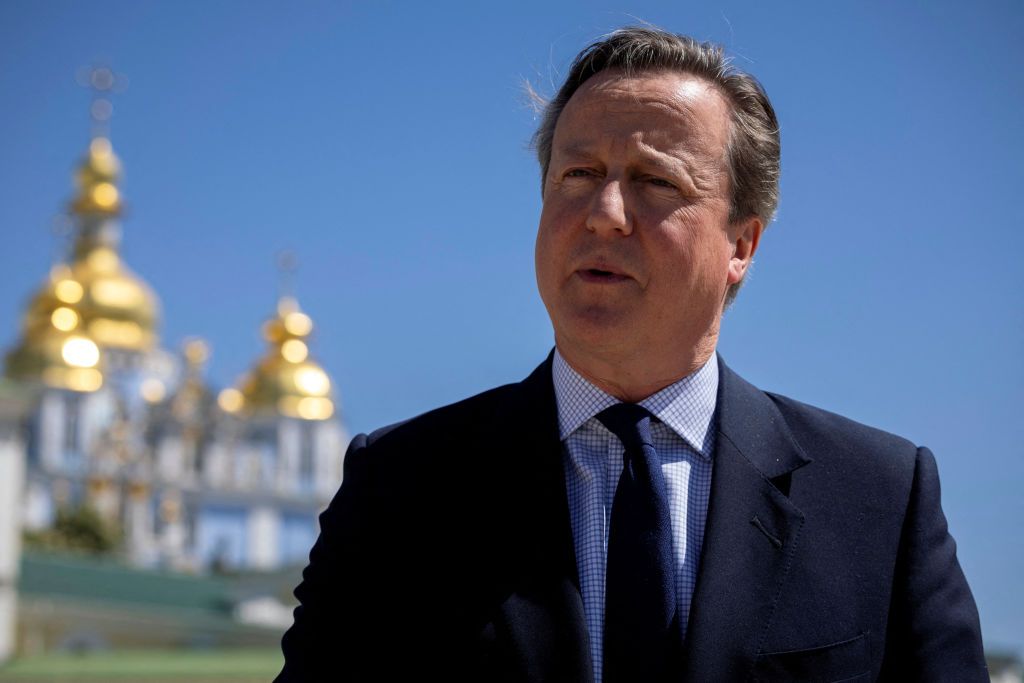The U.K. Foreign Secretary David Cameron recently had a video call with someone impersonating former Ukrainian President Petro Poroshenko, as reported by the BBC and other media outlets. This incident highlights the growing issue of deep-fakes and impersonations of public figures, which have become increasingly common with the advancement of new technology. A suspected Russian disinformation group had previously posed as Poroshenko in doctored video calls to sow distrust towards President Volodymyr Zelensky. The foreign office spokesperson confirmed that Cameron had also exchanged messages with the individual impersonating Poroshenko, but ended the communication once it became suspicious. The foreign office decided to make this incident public to address concerns that the communication could be manipulated and to emphasize the importance of countering misinformation.
The reasons behind the impersonation of Poroshenko and the specific content of the communication with Cameron were not disclosed by the foreign office. Details such as when the call occurred, how the individual was able to directly communicate with Cameron, and the identity of the impersonator were also not provided. This incident raises concerns about the vulnerability of public figures to impersonation and manipulation through technology, and serves as a reminder of the need for increased efforts to combat misinformation and disinformation campaigns. Poroshenko, who served as the president of Ukraine from 2014 to 2019 and is currently a member of Ukraine’s parliament, remains a prominent figure in Ukrainian politics.
In related news, experts have warned of a Russian disinformation campaign targeting the Paris Olympics, with the aim of cultivating an anticipation of violence. Clint Watts, the head of Microsoft’s Digital Threat Analysis Center, highlighted the tactics used by hackers to spread misinformation and create a sense of unrest. These actions are part of a broader strategy employed by malign actors to manipulate public opinion and undermine trust in democratic institutions. The prevalence of such disinformation campaigns underscores the importance of staying vigilant against fake news and propaganda, especially in the age of digital communication and deep-fake technology.
The incident involving the impersonation of Poroshenko and the subsequent communication with Cameron serves as a cautionary tale about the dangers of false information and the potential consequences of falling victim to impersonators. It also sheds light on the evolving tactics used by disinformation groups to spread misleading narratives and sow discord among political leaders. As technology continues to advance, the threat of deep-fakes and fake news poses a significant challenge to democracy and the integrity of public discourse. It is crucial for governments, media organizations, and individuals to work together to counter disinformation and protect against manipulation.
The revelation of the video call between Cameron and the impersonator underscores the need for greater transparency and accountability in communications involving public figures. By making this incident public, the foreign office has taken a step towards addressing concerns about the manipulation of information and emphasizing the importance of truth in political discourse. As the world grapples with the growing threat of disinformation and deep-fakes, it becomes imperative for individuals to verify sources, question information, and support independent journalism that upholds ethical standards and integrity. By joining forces in the fight against misinformation, we can strive to protect the integrity of democratic processes and safeguard against malicious attempts to undermine trust and sow division.


